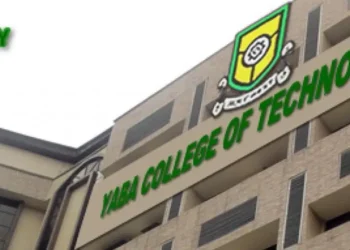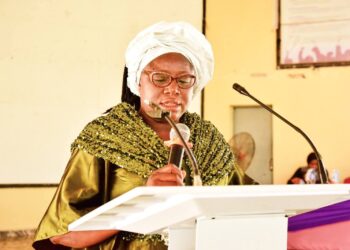The Federal Government has placed a seven-year ban on the creation of new federal universities, polytechnics and colleges of education across the country.
The decision, taken at the Federal Executive Council (FEC) meeting on Wednesday at the Presidential Villa, Abuja, was presided over by President Bola Tinubu following a presentation by the Minister of Education, Dr Tunji Alausa.
Alausa explained that the move was prompted by the proliferation of under-utilised tertiary institutions, overstretched resources, and declining academic quality. He said the moratorium would allow the government to focus on strengthening existing institutions rather than creating new ones that would further stretch limited funding.
> “Access is no longer the problem. The issue is duplication and gross under-utilisation of resources,” the minister stated. “Some federal universities have fewer than 2,000 students despite having over 1,200 staff. The moratorium will help us channel resources to upgrade infrastructure, address staffing needs, and raise academic standards.”
Recent statistics from the Joint Admissions and Matriculation Board (JAMB) revealed that 199 universities received fewer than 100 applicants in the last admission cycle, while 34 had none at all. In the same period, 295 polytechnics recorded fewer than 100 applicants each, and 64 colleges of education attracted no applicants.
The minister warned that unchecked establishment of tertiary institutions was unsustainable and risked leaving facilities idle while draining public finances.
The FEC, however, approved nine new private universities during the meeting. These, according to Alausa, were long-pending applications that had already passed the National Universities Commission’s (NUC) evaluation before the moratorium came into effect.
In a related development, the Federal Government is reviewing the Polytechnic Act to enable polytechnics to award Bachelor of Technology (B.Tech) degrees, in a bid to better align programmes with labour market needs.
While the policy has drawn mixed reactions from stakeholders, the government maintains that the seven-year freeze is a necessary reform to ensure Nigeria’s tertiary education system is sustainable, competitive, and of high quality.




















































































 EduTimes Africa, a product of Education Times Africa, is a magazine publication that aims to lend its support to close the yawning gap in Africa's educational development.
EduTimes Africa, a product of Education Times Africa, is a magazine publication that aims to lend its support to close the yawning gap in Africa's educational development.